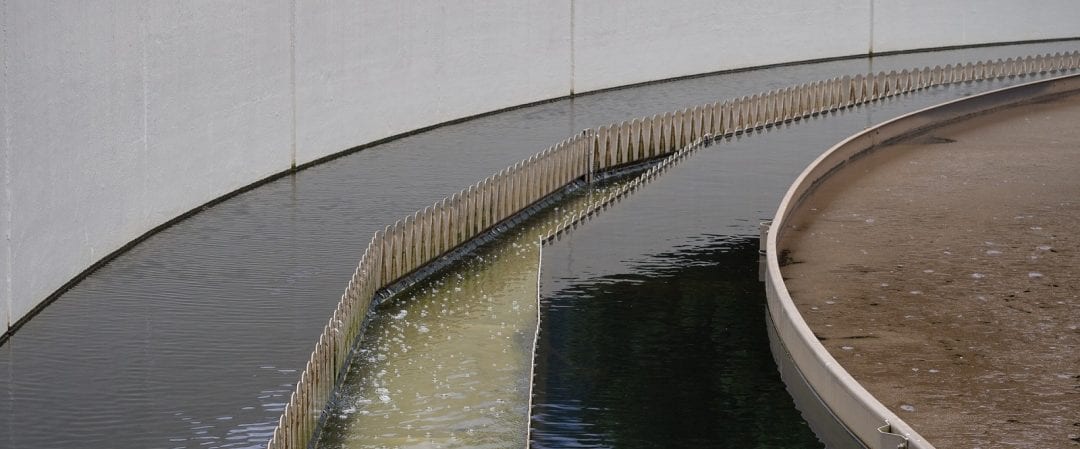Sewage sludge is full of valuable substances like phosphorus, nitrogen or potassium. For this reason, it is often used in agriculture as fertiliser on fields. However, the sewage sludge also often contains contaminants which are harmful to the environment and health such as microplastics, heavy metals like copper or zinc, hormone disrupters such as plasticisers, or pharmaceutical residues.
“Phosphorus is a finite resource and easily accessible reserves are expected to be depleted in the next 80 to 120 years. German wastewater potentially contains around 70,000 tonnes of phosphorus which could be recovered each year, whereas Germany alone consumes some 120,000 tonnes per year,” explains Prof. Diana Hehenberger-Risse from the Technology Centre for Energy at Landshut University of Applied Sciences.
It is now mandatory for large wastewater treatment plants to recycle phosphorus. This could also make ecological sense for smaller facilities. However, according to Hehenberger-Risse, “The modifications required to recover phosphates are technically complex and require massive investment on the part of smaller sewage plants. To make it worthwhile and ensure that sewage charges don’t skyrocket, municipal authorities need to cooperate and find a joint solution.”
To find out what that could be, the environmental scientist is working on a research project that includes colleagues at the university, a purpose association and the Czech Forestry and Game Management Research Institute. Together their objective is to use sewage sludge effectively. “This reduces the emission of greenhouse gases and increases resource efficiency,” says Hehenberger-Risse.
Often some of the sewage sludge from facilities is dried and incinerated. Phosphorus can also be extracted from the ash. A complex process of drying is necessary to ensure that the sludge burns readily. They are also exploring whether it makes sense for plant operators to join forces and dry sludge from various local authorities at central facilities.
“To date, there have only been studies about disposing of sewage sludge and which deal with some aspects of specific wastewater treatment sites, towns, cities or administrative districts. This project is designed to consider methods of disposal and related options by taking an integrated, holistic approach,” says Hehenberger-Risse in summary. At the end of the project, she and her colleagues will draw up recommendations for action enabling participating authorities in Germany and the Czech Republic to make good, common use of sewage sludge across borders from both an ecological and economic perspective.

















